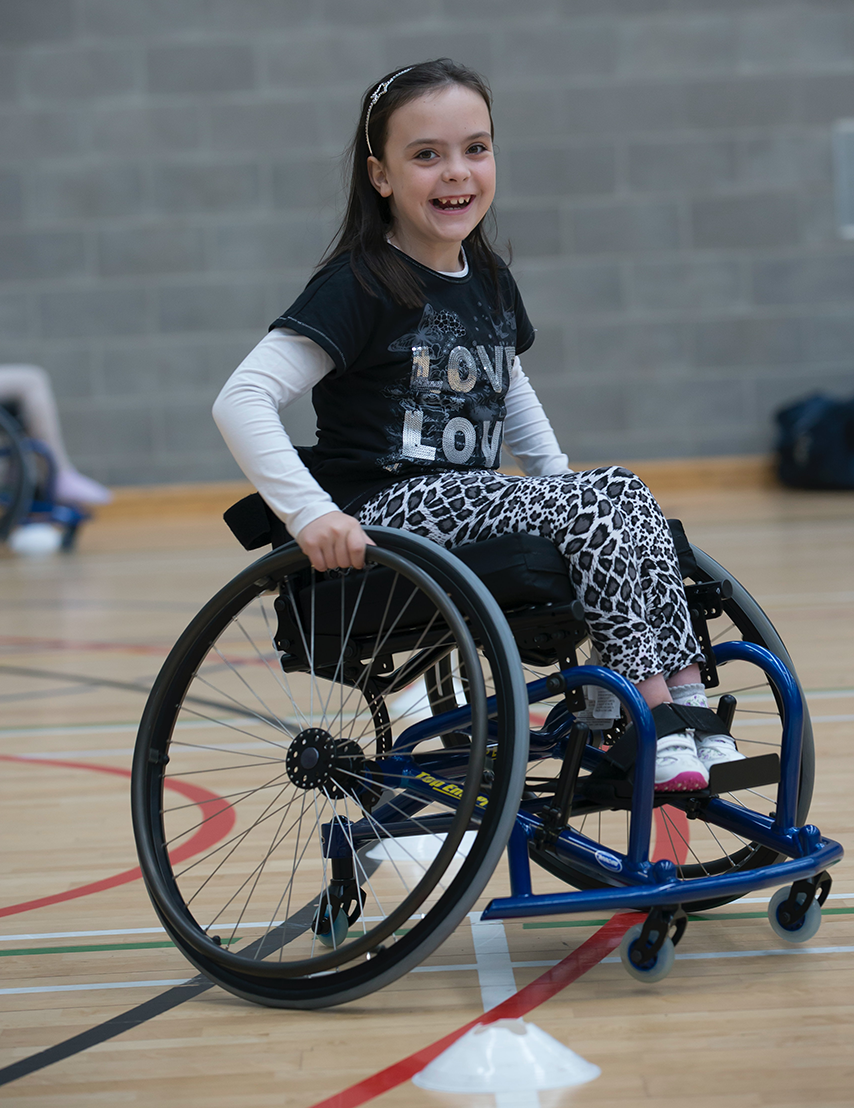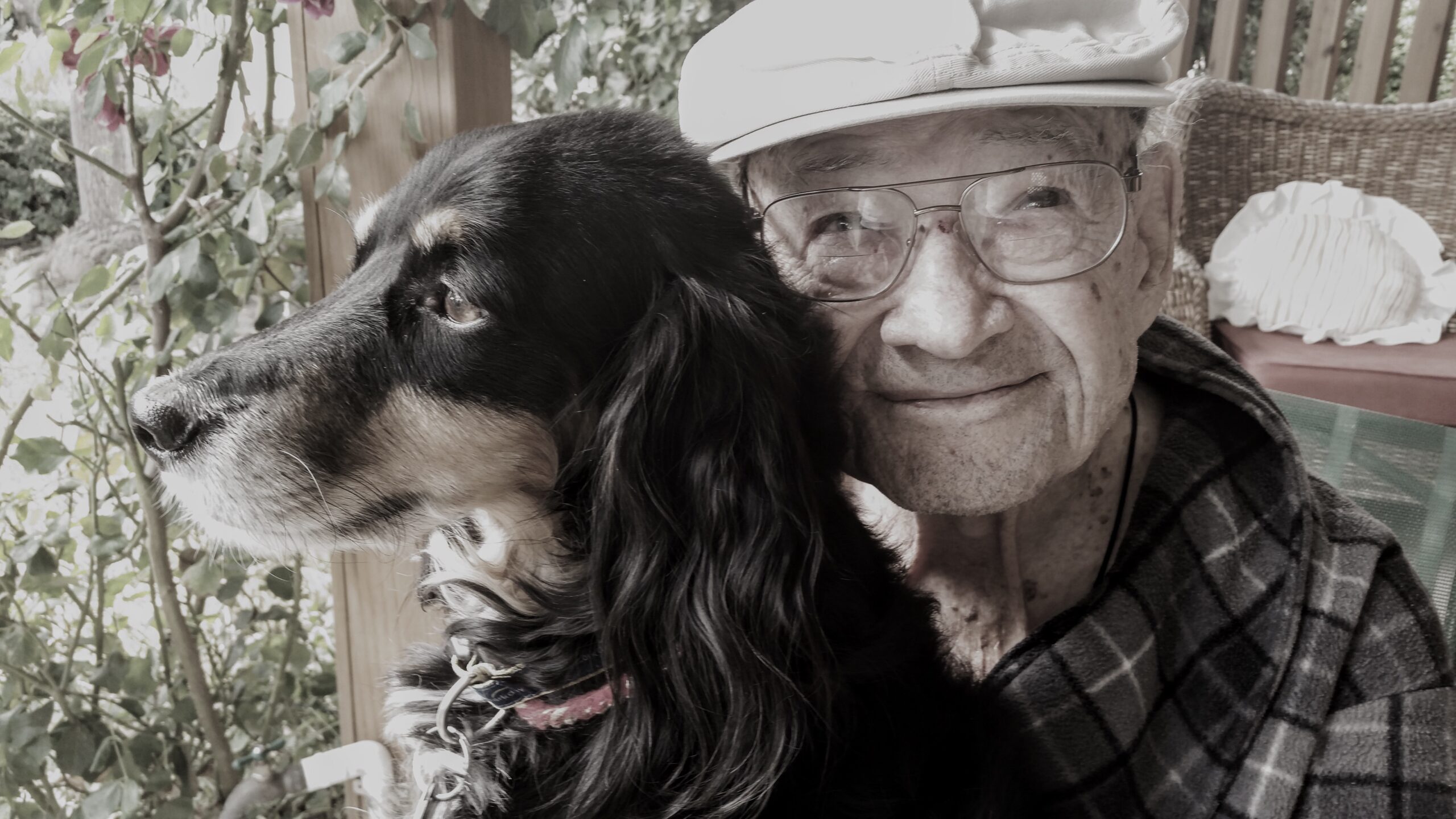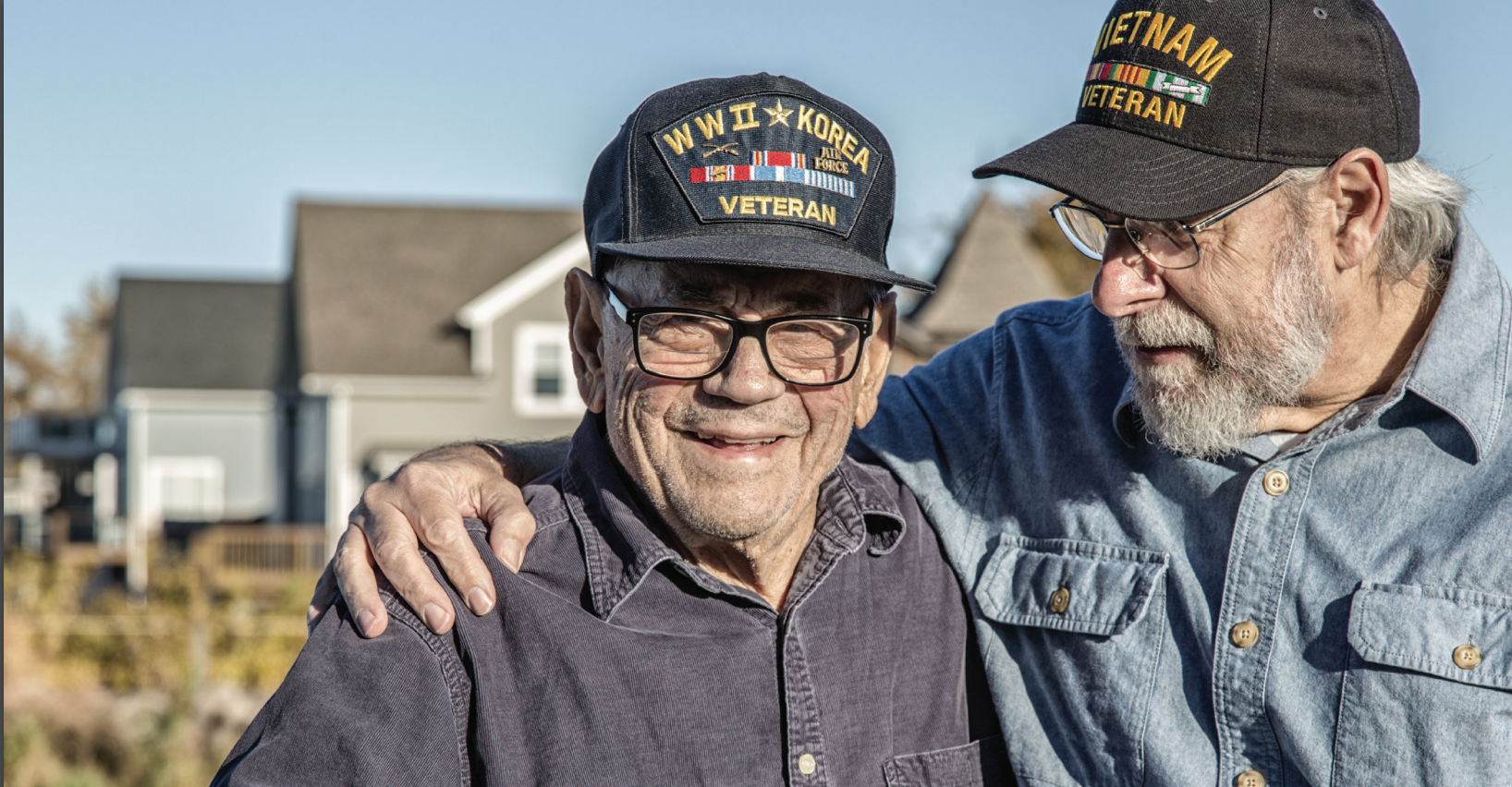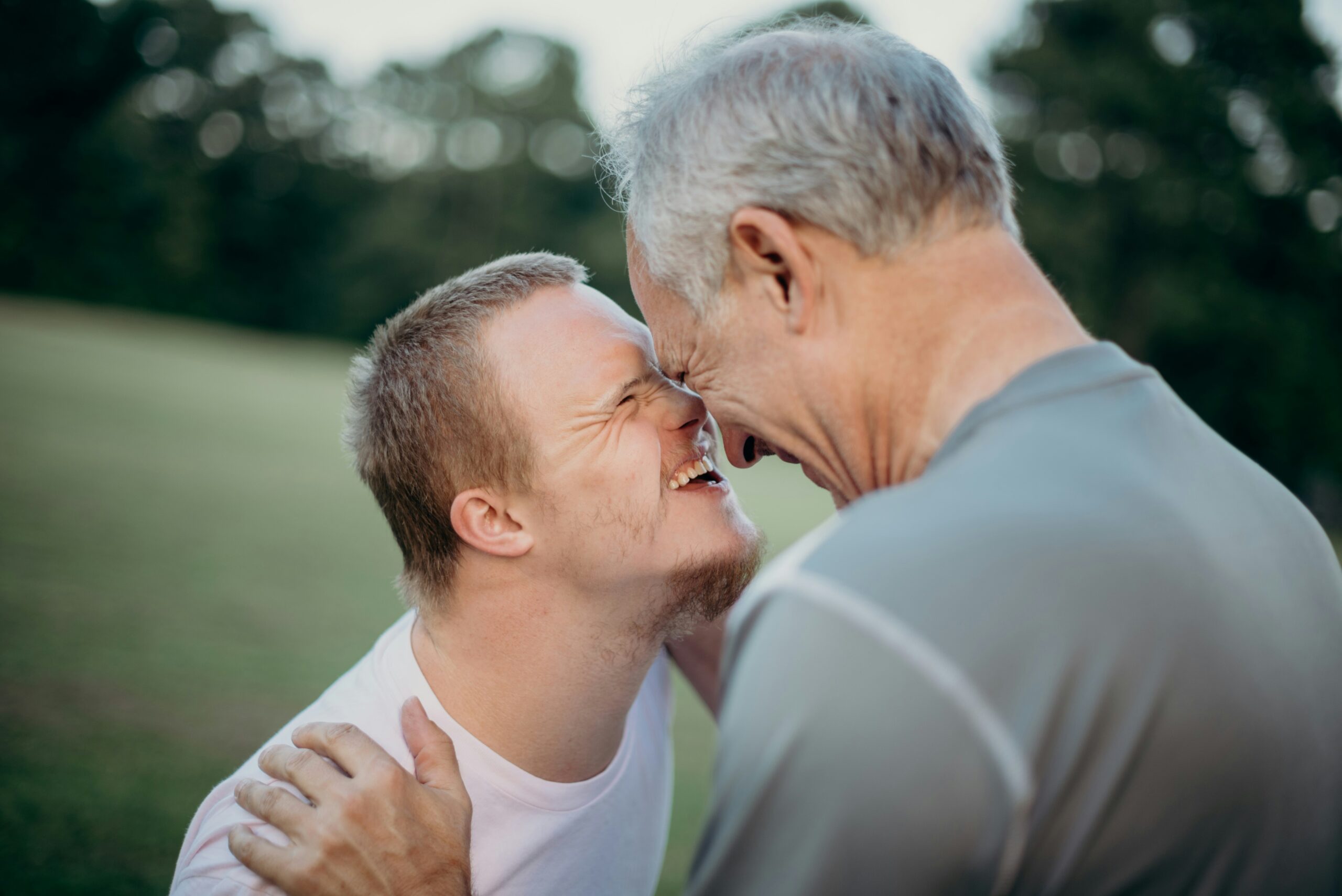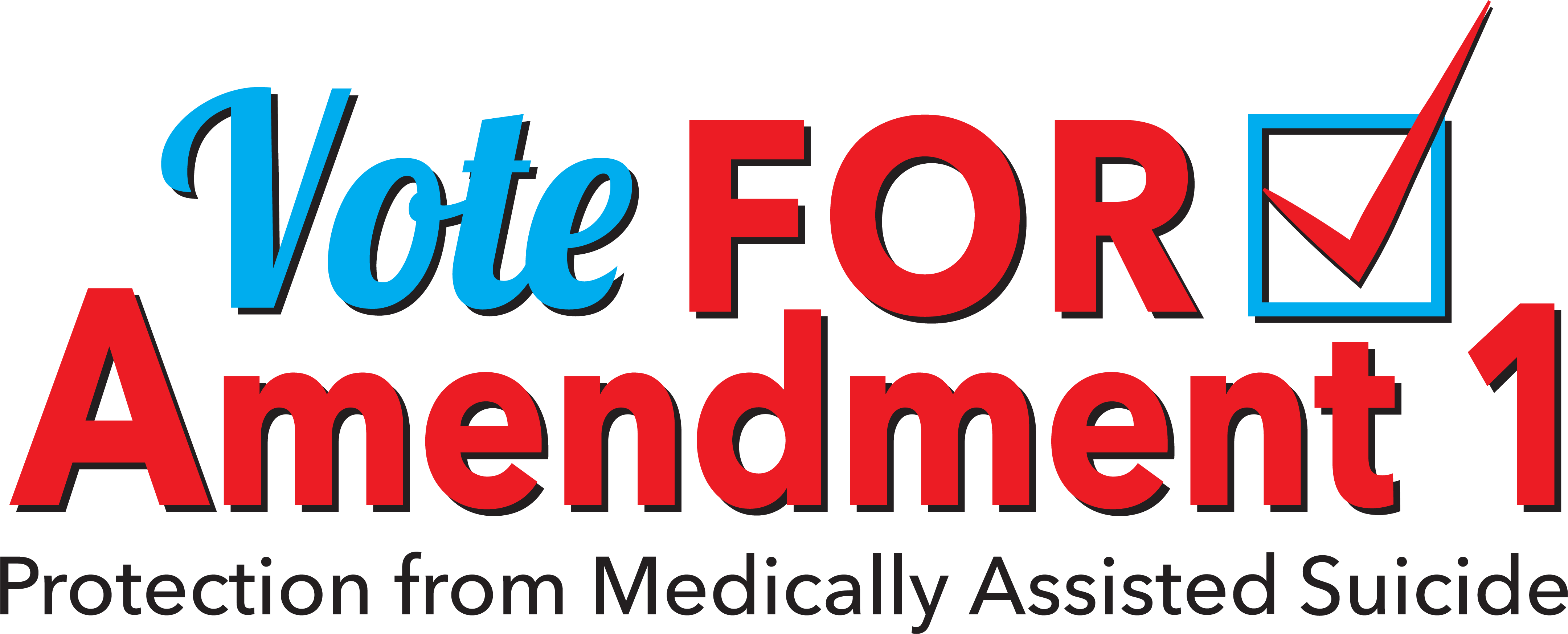Voting FOR Amendment 1 will protect the most vulnerable
The voiceless or marginalized in West Virginia will be the first to feel pressure to die.

Disabled
Negative biases and inaccurate assumptions about the quality of life of a person with a disability are pervasive in U.S. society and in the medical context, these biases can have serious and even deadly consequences.
Elderly
Assisted suicide laws often allow one of the two witnesses to the request for lethal drugs to be an heir to the patient’s estate. Therefore, an heir or friends of the heir can encourage or pressure the patient to request lethal drugs and then be a witness to the request. Placing lethal drugs into the hands of greedy abusers generates an additional major risk to elder persons.

Veterans
Veterans currently are at high risk of suicide. Legalizing assisted suicide will greatly increase the number of suicides. The veteran rate of suicide in Oregon (where assisted suicide has been legalized since 1997) is significantly higher than the national veteran suicide rate.

Terminally Ill
Assisted suicide laws typically appear to limit eligibility to terminally ill patients who are expected to die within six months but don’t distinguish between persons who will die within six months with treatment and six months without treatment. Many patients outlive doctors’ predictions of life expectancy.

POOR
Assisted suicide was legalized in Canada in 2021 for those with a “grievous and irremediable medical condition,” but a sizable portion of Canadian respondents in a May poll conducted by Research Co. want expanded access for those who are poor and needy. Homelessness, 28% of respondents said, is enough reason for assisted suicide access, and another 27% of respondents said poverty is a justifiable reason.
